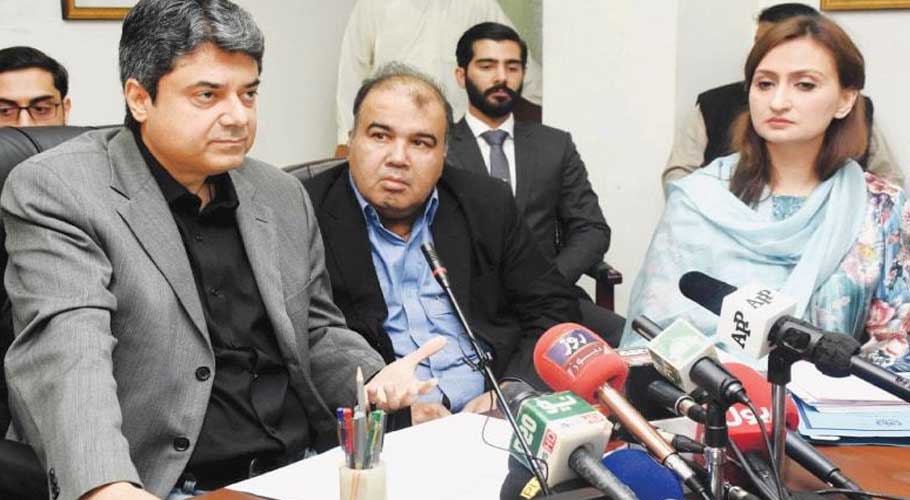ISLAMABAD: The Cabinet Committee on Disposal of Legislative Cases (CCLC) has approved two anti-rape ordinances aimed at introducing harsher punishments for convicts to curb rape cases in the country.
According to a press release, a meeting of the CCLC chaired by Law Minister Farogh Naseem green-lighted the ordinances, which the federal cabinet had approved in principle on Wednesday.
The Ministry of Law and Justice also officially revealed the salient features of the two ordinances, which introduce the concept of chemical castration mainly as a form of rehabilitation.
The statement further said, “The PTI-led government in Pakistan is all set to promulgate historic anti-rape legislation to set up special courts for rape and other sexual offences against women and children.”
“This is an important moment in Pakistan’s legislative history, and for the protection of rights of women, girls and children across the country,” the law ministry said, adding that Naseem had worked extensively to finalise the legislation with his team’s assistance.
The law ministry informed that the legislation — the Anti-Rape (Investigation and Trial) Ordinance, 2020 and the Criminal Law (Amendment) Ordinance, 2020 — were in line with the constitutional guarantees of Pakistan as well as international treaties.
The laws will now be placed before the cabinet for final approval before being sent to the president to be promulgated. In the 90 days following that, the ordinances must be submitted to the parliament for ratification.
The new law will also provide protection to members of the transgender community. It punishments in the ordinance are different than those in the existing laws for rape cases.
Besides chemical castration and the capital punishment, there will also be jail terms ranging between 10 years and 25 years.
According to the salient features of the draft Anti-Rape (Investigation and Trial) Ordinance, 2020: Commissioners and deputy commissioners will be responsible for quickes registration of rape cases according to the notification laying out features of ordinance to curb sexual abuse.
Special courts will be established; In-camera trials; Protection for the victim and witnesses; Use of modern devices during investigation and trial; Provision of legal assistance to the victims; Maintenance of data of sex offenders’ register through NADRA

































